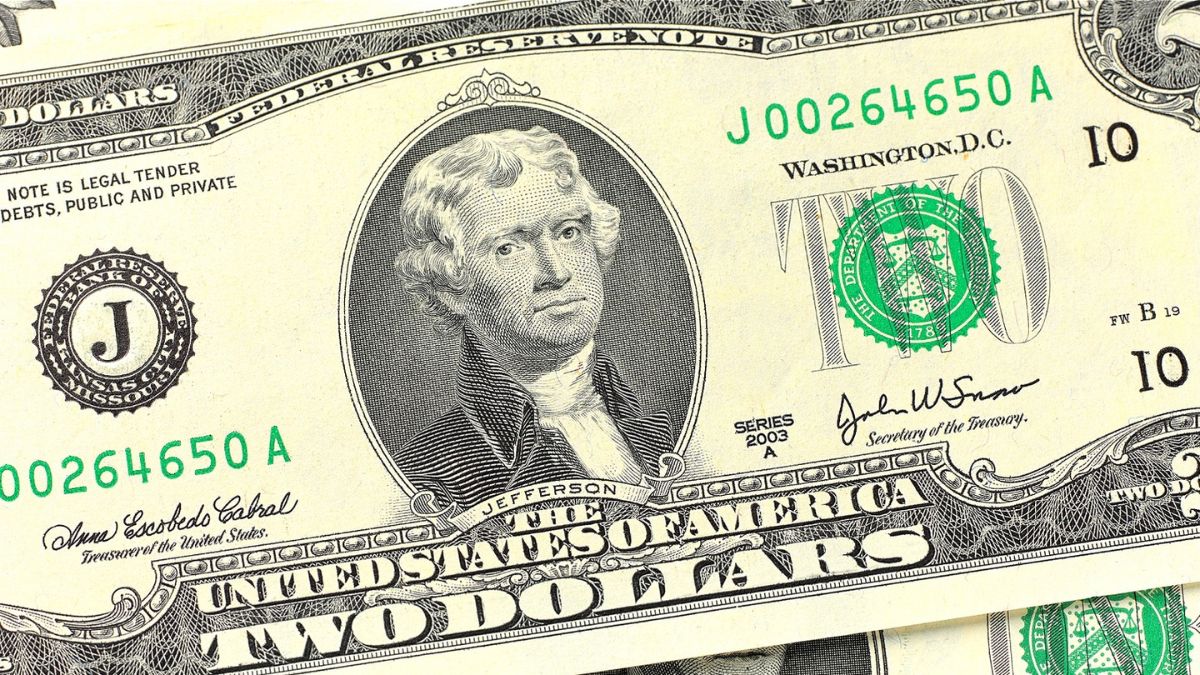As June 25, 2025, approaches, many Americans are preparing to receive their Social Security payments—a welcome financial boost for millions. For a select group of beneficiaries, this Wednesday marks more than a routine deposit: it could mean receiving a Social Security payment of up to $5,000. Here’s what to expect, who qualifies, and what to do if your payment is delayed.
Table of Contents
Who Will Receive Social Security Payments on Wednesday?
According to the Social Security Administration (SSA) payment schedule, beneficiaries are paid based on their birth dates—provided they started receiving benefits after May 1997. For this final round of June payments, individuals born between the 21st and 31st of any month will receive their deposits on Wednesday, June 25, 2025.
This payment round covers multiple benefit types:
- Social Security Retirement Benefits
- Social Security Disability Insurance (SSDI)
- Survivor Benefits based on a deceased worker’s record
It’s important to note that Supplemental Security Income (SSI) beneficiaries received their June payments in late May due to the way the calendar fell. Their next payment will be made in July.
What to Do If Your Social Security Payment Is Delayed
While delays are rare—impacting less than 1% of recipients—they can still occur. If your payment doesn’t arrive on time, here’s what you should do:
| Step | Action |
|---|---|
| 1 | Wait 3 business days before taking action, as advised by the SSA. |
| 2 | Contact your bank or financial institution to check for processing delays. |
| 3 | Visit or call your local SSA office if the issue isn’t resolved after three days. |
In-person visits can sometimes resolve issues faster, especially if paperwork needs to be updated or verified.
Who Could Receive Up to $5,000?
The $5,000 maximum Social Security payment is not typical and only applies to a small group of high-earning, long-time workers. Here’s how some recipients could reach this amount:
- COLA Increase: In January 2025, the cost-of-living adjustment (COLA) raised the average benefit to approximately $1,900.
- Elimination of WEP and GPO: With the Social Security Fairness Act in effect, the Windfall Elimination Provision (WEP) and Government Pension Offset (GPO) were repealed. This change allowed many to see higher monthly payments.
- Delayed Retirement Credits: Citizens who wait until age 70 to claim Social Security receive the maximum benefit due to delayed retirement credits.
- Spousal and Survivor Benefits: These may now pay more thanks to the Fairness Act, especially for widows and widowers.
Social Security: More Than Just a Check
For millions of retirees, Social Security is the main pillar of financial support in retirement. But to make the most of these benefits, recipients must be cautious not to fall into common traps. Here are three costly Social Security mistakes to avoid:
- Claiming too early – Taking benefits before full retirement age can permanently reduce your monthly income.
- Underestimating tax impacts – Up to 85% of Social Security income may be taxable, depending on your total income.
- Not reporting life changes – Marriage, divorce, or changes in income must be reported to SSA to avoid penalties or incorrect payments.
As the final June payments go out this Wednesday, make sure you’re aware of your eligibility, understand your benefit amount, and take action if something seems off.
Disclaimer: This content is informational only and does not supersede or replace the SSA’s or IRS’s own publications and notices. Always verify any specific dates and amounts by following the direct links in our article to SSA.gov or IRS.gov, or by consulting your local SSA field office or tax professional.
FAQs:
Who gets paid on June 25, 2025?
People born between the 21st and 31st of any month who started receiving Social Security benefits after May 1997.
Why could some people receive up to $5,000?
Those who delayed retirement until age 70, benefited from COLA, and were affected positively by the repeal of WEP and GPO could see higher payments.
Is it normal to have delays in Social Security payments?
It’s rare—less than 1% experience delays. However, if yours is late, wait three days and contact your bank or the SSA.






















